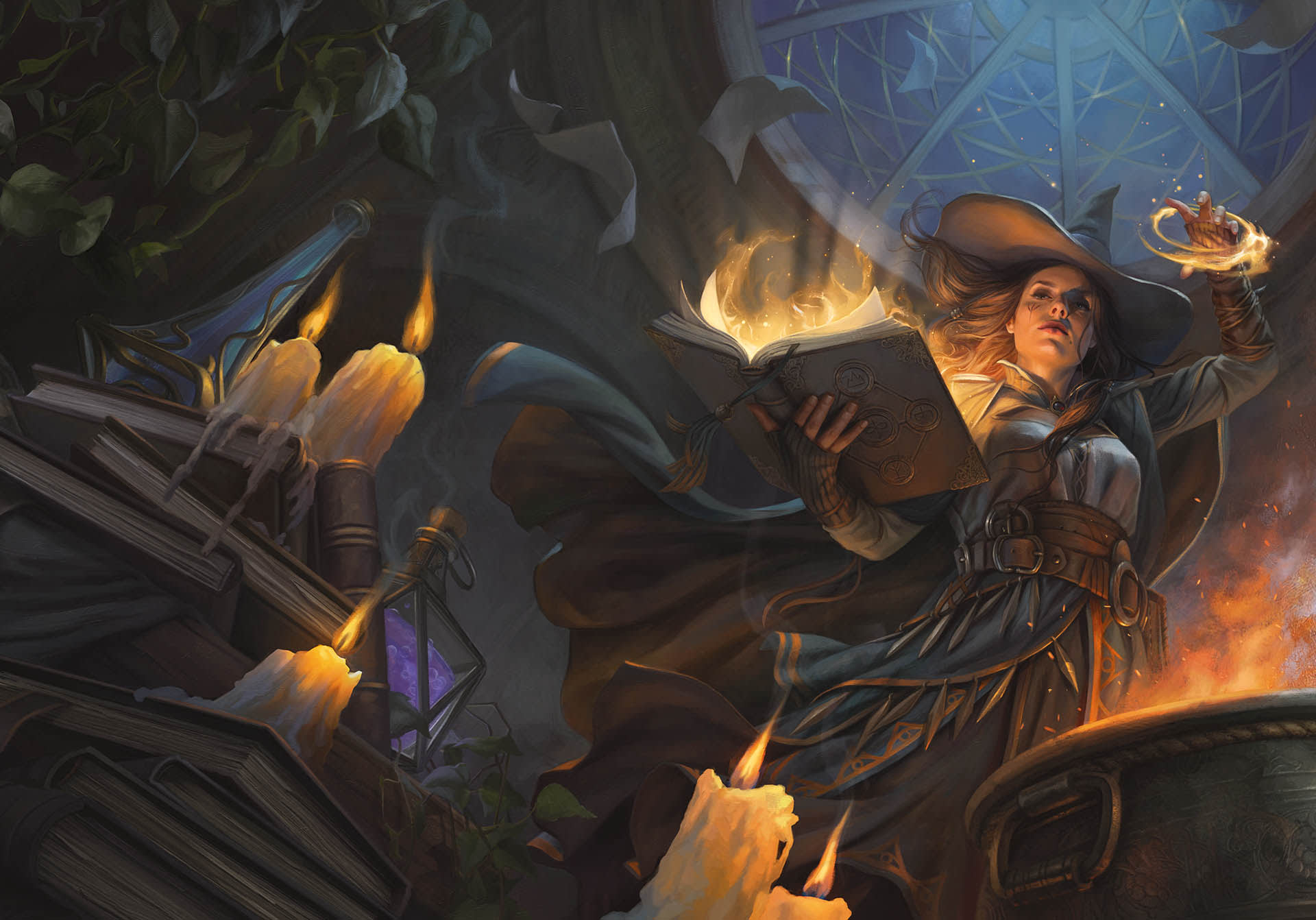How ‘One D&D’ Will Affect TTRPG Creators When It Launches

The next—and possibly final—major update to Dungeons & Dragons, called One D&D by publisher Wizards of the Coast, will introduce rules changes and new content to the biggest tabletop roleplaying game in the world, all of which Wizards says will be backwards-compatible with the current 5th Edition (5e). That’s great news for players, but content creators have concerns—namely, how will One D&D affect the Open Gaming License (OGL), which allows publication of third-party content based on the game?
Under OGL 1.0a, which was released in 2000, creators have a “perpetual” license as defined by a System Reference Document (SRD) to use 5e rules and mechanics for any and all of their Dungeons & Dragons content, whether it’s produced for free use or for purchase. This is what allows third-party publishers like Kobold Press to produce their work. The OGL 1.0a can’t be revoked or changed, so these creators can keep making 5e-compatible products without opting into a new OGL.
Creators cannot technically produce Dungeons & Dragons material—the name is copyrighted and certain monsters, etc., fall under that umbrella—but they can get around that by leaving the actual D&D name out of their product while still indicating that the material is 5e-compatible.
Creators and publishers can continue working under the OGL 1.0a forever, if they choose. However, if they want to use any of the content from One D&D, which could include new monster stat blocks, updated mechanics, or other material that could completely alter gameplay, they will have to opt into the new OGL 1.1 and its accompanying SRD, which Wizards will release in early 2023.
OGL 1.1, which WotC is calling an “update” to the current license, only applies to books and “static electronic files” like PDFs. Under OGL 1.1, companies will be prevented from publishing D&D NFTs, and video game publishers will not be allowed to use D&D rules without a separate license. Anything that is not considered printed material for use in a TTRPG can only be produced under the Wizards of the Coast Fan Content Policy—which is how streamers and podcasters release unofficial D&D shows—or through a custom agreement with the Hasbro subsidiary. This is the same under the current OGL 1.0a.
The biggest change under OGL 1.1, as far as we can tell, is the implementation of a revenue reporting and royalties system for creators producing commercial D&D content. Creators who plan to sell their work will have to accept the new OGL terms and tell Wizards what they’re selling, as well as include a “Creator Product” badge on their work. If they make more than $50,000 in a year, they will have to report their revenue to Wizards annually, and if they make more than $750,000 in a year—an incredibly small portion of the TTRPG community (fewer than 20, according to Wizards)—they will have to pay royalties starting in 2024.
In its announcement, Wizards states, “Bottom line: The OGL is not going away. You will still be able to create new D&D content, publish it anywhere, and game with your friends and followers in all the ways that make this game and community so great. The thousands of creators publishing across Kickstarter, DMsGuild, and more are a critical part of the D&D experience, and we will continue to support and encourage them to do that through One D&D and beyond.”
Although we haven’t seen the full text of OGL 1.1 and therefore can’t make definitive statements on what it holds for the future of creator-driven D&D content, these clarifications from Wizards will likely quell some anxiety in the TTRPG community. The new license won’t affect the vast majority of players or creators. However, larger publishers and creators will definitely be impacted, and that may trickle down depending on how they choose to handle their potential revenue. There may also be less One D&D-compatible third-party content than there is 5e-compatible third-party content, which could be limiting.
(featured image: Wizards of the Coast)
Want more stories like this? Become a subscriber and support the site!
—The Mary Sue has a strict comment policy that forbids, but is not limited to, personal insults toward anyone, hate speech, and trolling.—
Have a tip we should know? tips@themarysue.com